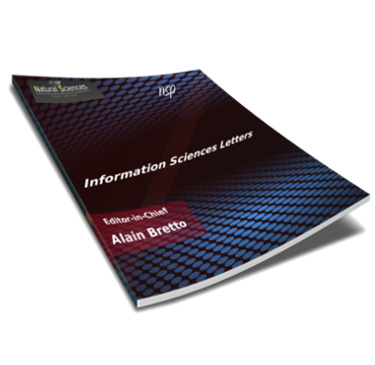
Information Sciences Letters
Abstract
The current study examined the relationship between school leadership, school environment, teaching and learning strategies, and students’ performance on national assessment in math and science. In addition, it examined the mediating role of teaching and learning strategies in its relation to school leadership, school environment, and students’ performance in math and science as well. Study data was utilized from two datasets. First, the School Evaluation Standards scale (SES), which includes three subscales: school leadership, school environment, and teaching and learning strategies was utilized from a total of 711 schools that were randomly chosen from Saudi Arabia. Second, these school average scores in national assessment of math and science were collected. The finding revealed that there were direct and indirect effects of school leadership, school environment, teaching and learning strategies on students’ performance in math and science. Furthermore, teaching and learning strategies played as mediator between school leadership and school environment and students performance in math and science. The results of the research provided insights on how school evaluation standards (SES) affect academic performance and learning outcomes. Educational policy makers can benefit from the results of this study by evaluating school performance assessment standards and the level of practices to gauge the degree of application in real world practices and determine the room for improvements.
Recommended Citation
H. Alghamdi, M.; M. Ibrahim, U.; and E. A. Ayoub, A.
(2023)
"A Predictive Structural Model of Standards-Based School Evaluation on Student Outcome,"
Information Sciences Letters: Vol. 12
:
Iss.
2
, PP -.
Available at:
https://digitalcommons.aaru.edu.jo/isl/vol12/iss2/41

